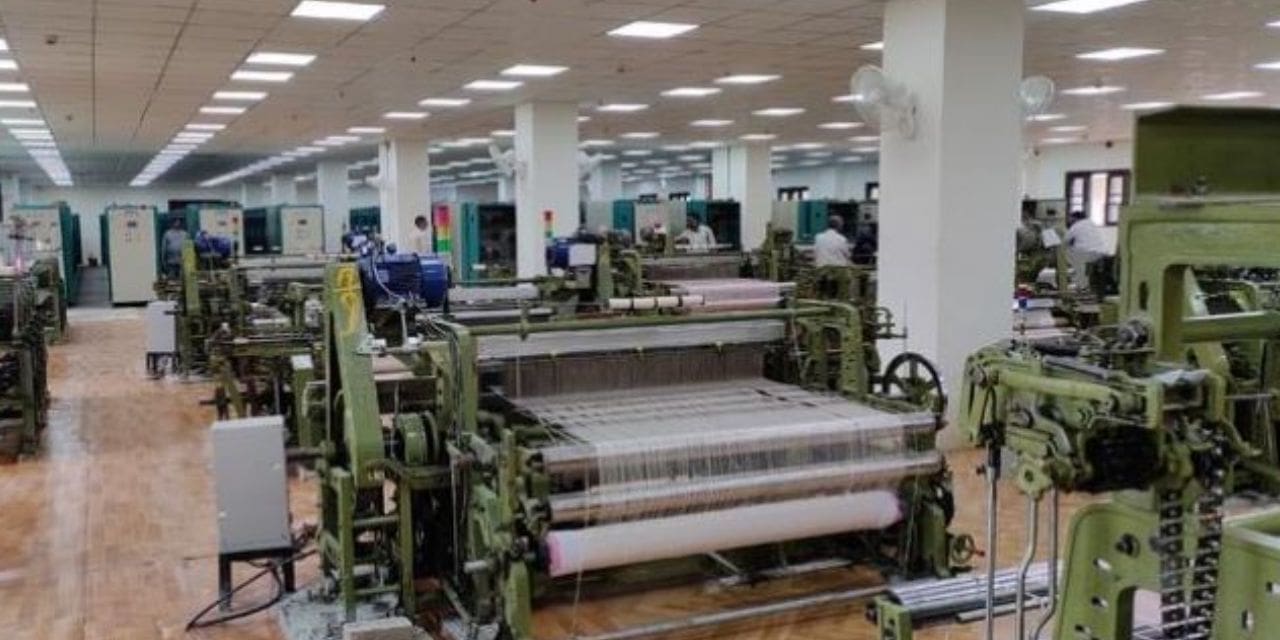During the 1800’s, silk was considered as a major cash crop in Jammu and Kashmir. The silk was even used for the parachutes in world war 2. The silk used for the parachutes exported from Kashmir. Recently, The J&K government wants to revive the silk industry which was in decline since the 1990’s.
The aim to revive the past glory of the silk industry is to involve the latest technology such as the ARM in Jammu, similar to the one in Kashmir. Apart from this, the main aim includes:
- Planting of more mulberry trees
- To establish the work-rearing centers. This will double the silk worm seed and the cocoon production to 1350 MT.
- To develop skills of 15000 farmers.
In December 2022, the J&K government allotted Rs.91 crore for the project and also for the revival and revitalization of the silk industry. By this initiation, the interventions of the silk industry will be through the latest technology. Kashmir already has a historic association with the silks. The traces of silk can be dated back to hundreds of years ago i.e in the 7th century AD. The first mention of the Kashmiri silk can be seen in Xuang Zang’s travelogue. It was during the 1890’s when the skill was produced in an organic manner.
The silk yarn first started in Soilna, Srinagar in the year 1897. This started under the British rule. The first production was done between 1961 and 1962. The weight stood at 98,000 kg. The silk industry saw a decline in the 1980’s with the eruption of the militancy. The current J&K government has approved 29 projects with the aim of holistic development. There is an increased consumption of raw materials which can locally generate more income and employment. This will create an impact as more people are into employment sector.
There are only 30 to 40% of the cocoon production available . A machine would be established in collaboration with the private players (this will be similar to the one in Khonmoh, Kashmir).

